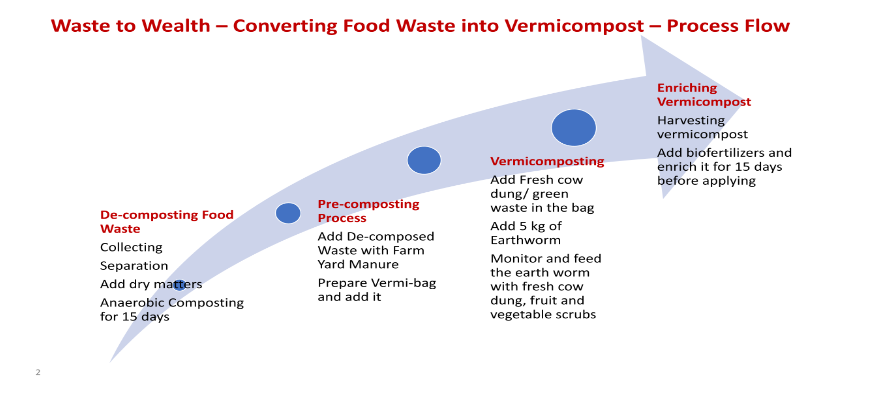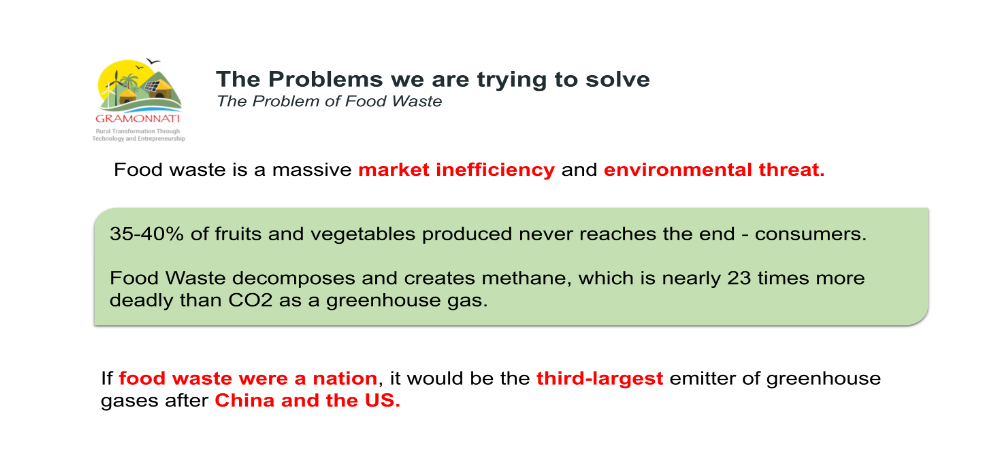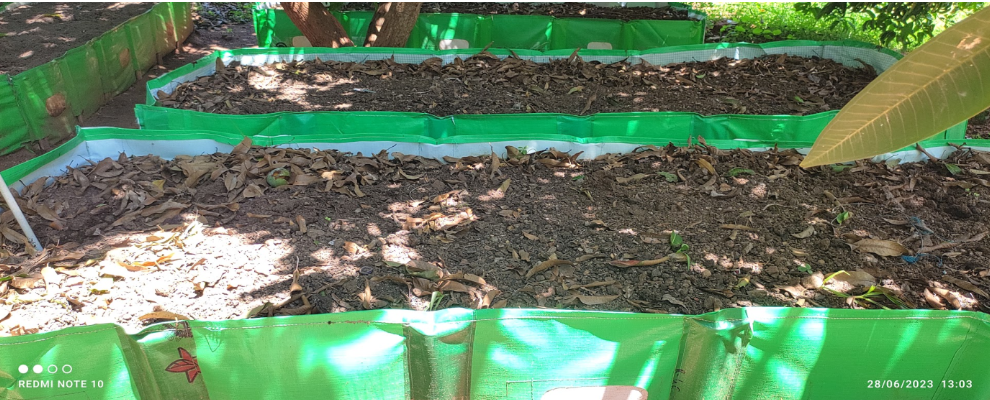The Process of Making Vermicompost : A Sustainable Approach to Waste Management
Introduction
Vermicomposting, a process that utilizes earthworms to convert organic waste into nutrient-rich compost, offers a sustainable solution for waste management while promoting soil health. By following a systematic approach, vermicomposting can be effectively carried out with separate sections for food waste and leafy waste.
Let’s explore the step-by-step process and timelines involved in making vermicompost.
Vermicomposting Food Waste
- Collection : Gather food waste such as fruit and vegetable scraps, coffee grounds, tea bags, and crushed eggshells
- Shredding : Optionally, shred or chop the food waste into smaller pieces to facilitate decomposition
- Bedding : Create a bedding layer in the vermicomposting bin using materials like shredded newspaper, cardboard, dried leaves, or straw. Ensure the bedding is damp but not saturated
- Add Worms : Introduce composting worms, like red wigglers or earthworms, into the bedding
- Add Food Waste : Place the food waste into the vermicomposting bin, burying it within the bedding
- Moisture and Aeration : Maintain proper moisture levels by periodically spraying water if the bedding feels dry. Ensure adequate aeration by gently turning the bedding to prevent compaction
Vermicomposting Leafy Waste
- Collection: Gather leafy waste such as fallen leaves, grass clippings, and plant trimmings
- Shredding: Shred or chop the leafy waste into smaller pieces to expedite decomposition
- Bedding: Create a separate bedding layer in the vermicomposting bin using the shredded leafy waste. Maintain a damp but not saturated state
- Add Worms : Introduce composting worms into the leafy waste bedding
- Add Leafy Waste : Place the shredded leafy waste into the vermicomposting bin, burying it within the bedding
- Moisture and Aeration : Ensure proper moisture levels by periodically spraying water if the bedding feels dry. Regularly turn the bedding to promote aeration and prevent compaction
Timelines of Making Vermicompost
- Initial Decomposition : This phase typically lasts 2-4 weeks. Organic waste materials start breaking down, and worms begin consuming the waste
- Active Composting : This phase takes around 4-8 weeks, during which decomposition accelerates as worms actively feed on the waste. The materials transform into nutrient-rich vermicast
- Maturation : This phase requires an additional 2-4 weeks or longer. It allows the vermicast to fully mature into nutrient-rich vermicompost, ensuring complete decomposition and stabilization of any remaining organic matter



